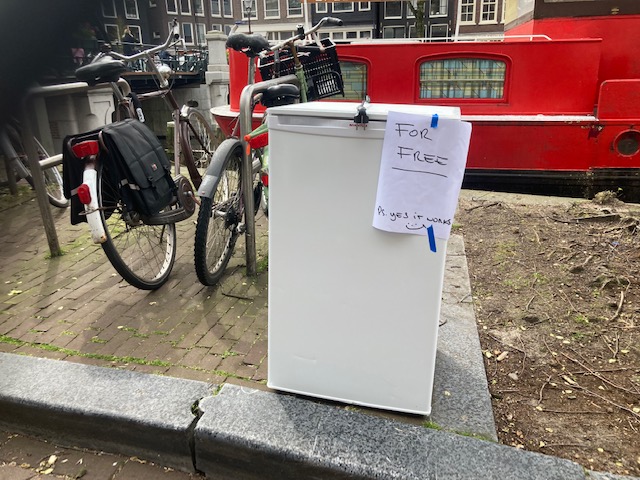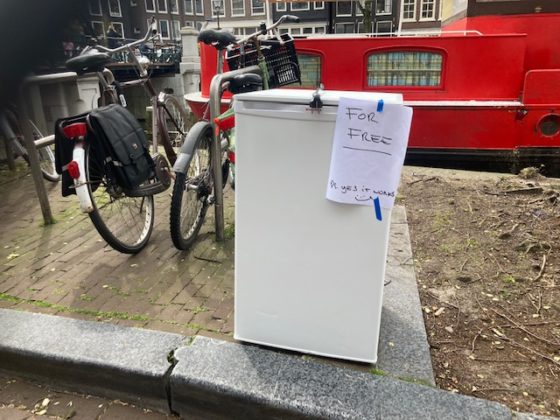Dutch are prepared to be ‘more circular’ if it is not inconvenient or costly


Dutch consumers are prepared to do more when it comes to recycling and living sustainably If it is not more expensive or inconvenient than current practices, according to a new report by the Netherlands Environmental Assessment Agency (PBL).
The government wants the Dutch economy to be fully circular by 2050 which will require a radical reduction in the use of raw materials.
A circular economy is based on sharing, leasing, reusing, repairing and recycling existing materials and products for as long as possible. While some of this will be down to production methods, consumers will also have to rethink their habits if the Dutch target is to be met.
The PBL found most consumers are willing to buy fewer new clothes, live in a smaller house, and holiday closer to home than they do now. And majority of people are also open to using furniture and clothing made of more sustainable materials, eating organic food and buying products with a longer lifespan.
However, eating less dairy products and meat, and sharing cars, would be a step too far for most people, even if it is no more expensive or inconvenient than the mainstream alternative, the researchers found.
This means, the PBL said, that policymakers should focus on altering behaviour with a ‘large change potential’ where the biggest gains can be made in terms of the environment. Encouraging people to buy fewer new clothes, live in smaller homes and holiday closer to home are most likely to have an impact, the PBL said.
But getting people to change their eating habits or holiday by train rather than plane, will require a longer term approach.
The report also showed that there are major differences between the generations. Youngsters are more likely to say they can see themselves eating little meat and dairy, living in smaller houses and not having a car than older generations.
However, the trend is the opposite when it comes to buying few clothes, having a smartphone and buying long-lasting domestic appliances.
Thank you for donating to DutchNews.nl.
We could not provide the Dutch News service, and keep it free of charge, without the generous support of our readers. Your donations allow us to report on issues you tell us matter, and provide you with a summary of the most important Dutch news each day.
Make a donation